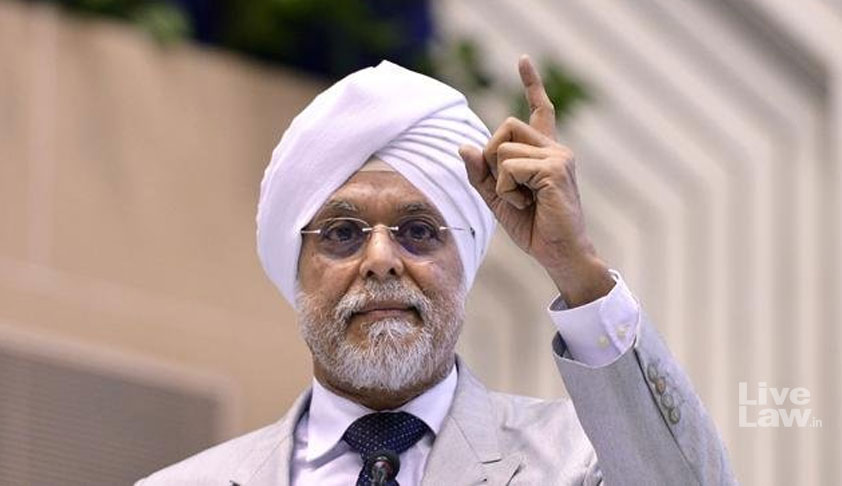Triple Talaq Verdict: At First, Many Believed CJI’s Was Unanimous View
LIVELAW NEWS NETWORK
22 Aug 2017 10:07 PM IST

Next Story
22 Aug 2017 10:07 PM IST
There was some confusion as the verdict on the triple talaq issue was pronounced by a five-judge constitution bench, with many of those attending the hearing getting the first impression that it was a unanimous verdict.As soon as Chief Justice J S Khehar uttered that “triple talaq was a matter of personal law” of Muslims, it was a “matter of faith, practiced by them for at least...
